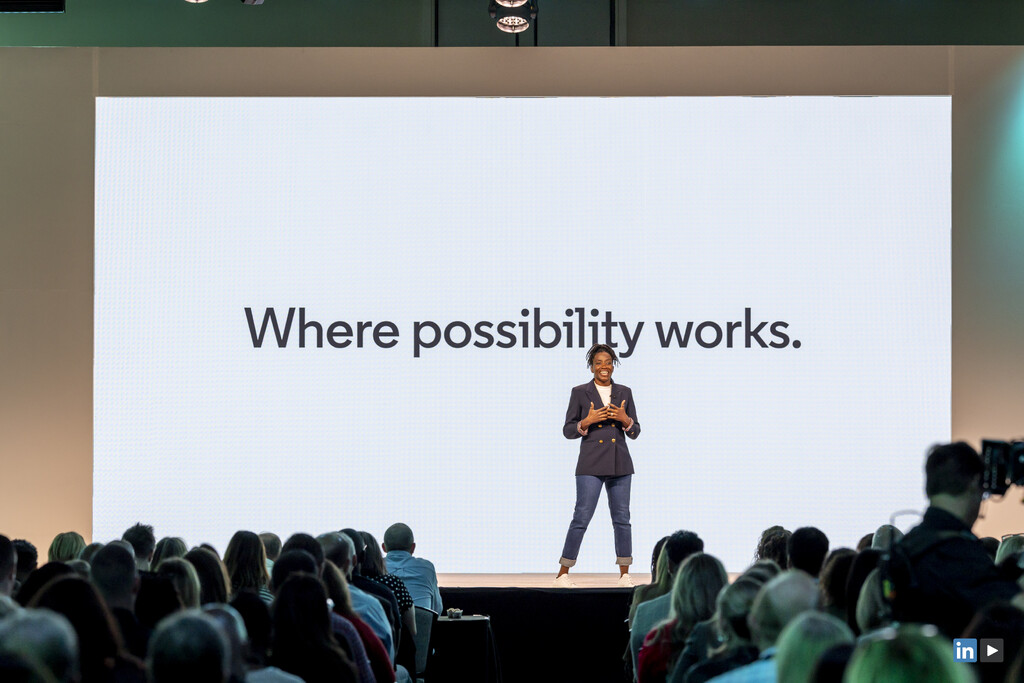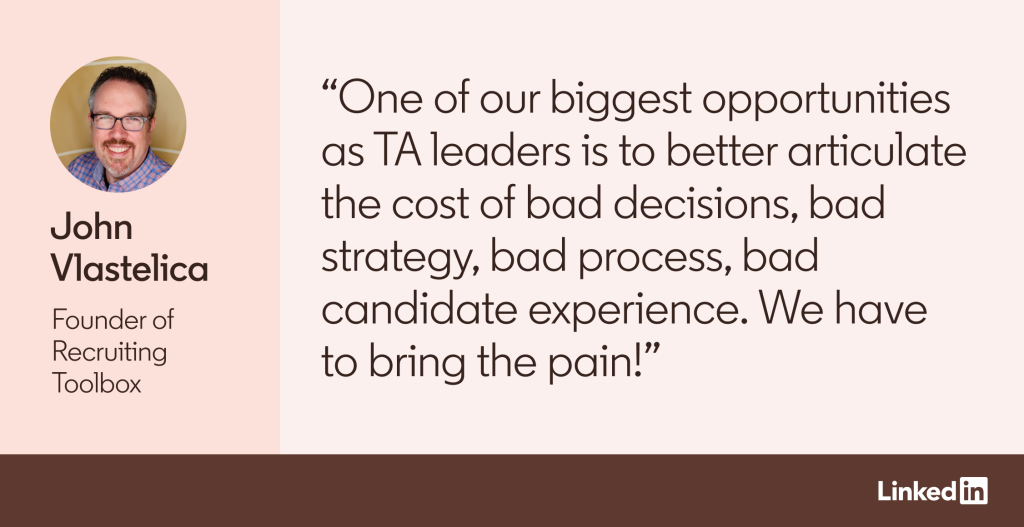3. Offer competitive compensation and benefits
Compensation isn’t always the most important consideration when evaluating job opportunities, but it does matter. Gen Z workers are the most likely to feel underpaid: Over half (57%) think they earn less than they deserve.
Competitive compensation can help you attract the youngest generation of workers — so long as their other needs are met. When asked which benefits they would most like their employers to focus on, 44% of employees rank retirement benefits and 39% rank flexible work arrangements as top priorities. These findings were consistent across all generations, though Gen Z employees ranked managing emotional health among their top three concerns.
A comprehensive, competitive compensation package will appeal to the most job seekers and help you engage Gen Z talent.
4. Focus on skills-based hiring
Gen Z doesn’t have as much work experience as older generations, but they make up for it with a strong desire to learn new skills. More than three-quarters (76%) of Gen Z employees believe learning is the key to a successful career and they spend 12% more time on LinkedIn Learning building hard skills compared with the average learner.
Evaluating candidates on their skills, rather than past work experience or education, opens the door for more Gen Z workers. In fact, skills-based hiring increases candidate pools for Gen Z workers by more than 10x. And don’t worry about trading quality for quantity: Employers who find talent using skills are 60% more likely to make a successful hire than those who don’t rely on skills as part of their recruiting process.
5. Prioritize diversity, equity, and inclusion
Employers who champion diversity, equity, and inclusion (DEI) will not only attract Gen Z talent, they’ll cultivate a work environment that helps retain them. Three-quarters of Gen Z workers (74%) say it’s important for them to work at a company that prioritizes DEI. This extends beyond the typical emphasis on gender and race/ethnicity to also include gender identity, sexual orientation, ability, age, religion, and military status.
Emphasize your commitment to DEI in the workplace, within your employer branding materials, and throughout your hiring process so employees and candidates understand your expectations, initiatives, and progress. There’s one caveat: Be authentic. It probably won’t take more than a quick internet search for candidates to uncover the truth about the state of DEI at your organization.
6. Highlight your company culture and values
Gen Z wants more than a job; they want to find opportunities that support their goals and passions. For example, 80% of Gen Zers would leave their roles to seek better alignment with their values. And 74% say it’s important for them to work at a company whose policies and practices align with their personal beliefs.
Help candidates understand your company values and the things that make your culture unique. For example, does your company pride itself for having a culture of feedback and recognition? Is your company a leader in sustainability? Does your team work to further a social cause or provide a public benefit? Showcasing any of these commitments can be a compelling way to attract Gen Z candidates — but only if they’re an accurate reflection of your company.
Final thoughts: Deliver on your promises to retain Gen Z talent
Hiring Gen Z talent is only half the equation. Doing your part to improve retention is crucial to your success — and that means being forthcoming with candidates about what it’s like to work at your organization. You must deliver on promises made during the hiring process, from career growth and Total Rewards to DEI and social responsibility commitments. Top talent will always be difficult to come by and it’s in your best interest to hold on to the people you’ve worked so hard to recruit.










